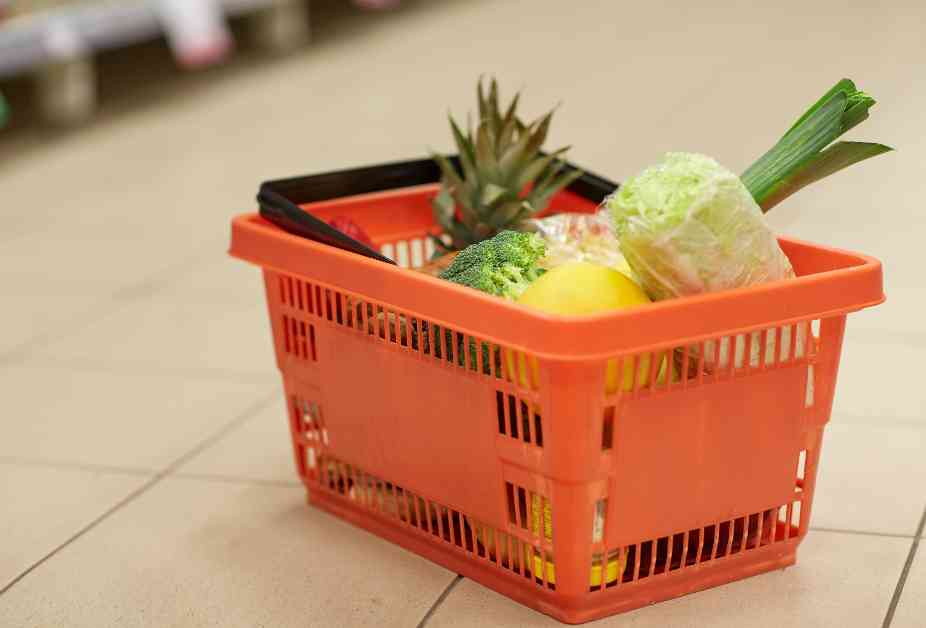The Dutch Red Cross has distributed over 1 million grocery gift cards in the Netherlands since the start of the coronavirus pandemic in 2020. These cards are given to people who struggle to afford their daily groceries due to financial difficulties. Each card is valued at 21.50 euros per week, helping individuals purchase essential food and drinks.
Despite initial hopes that the need for food aid would decrease, the reality is that thousands of individuals still rely on these grocery gift cards each week. The Red Cross distributes these cards through 107 partner organizations across the country, such as community centers and neighborhood associations.
Recent data from the Red Cross shows that 450,000 people in the Netherlands are currently experiencing hidden food insecurity. This number is significantly lower than the 1 million grocery gift cards distributed over the past four years, highlighting the ongoing need for food assistance in the country.
Unfortunately, the cost of groceries has been rising, making it even more challenging for families to make ends meet. With the increase in food prices and energy costs, many households are left with limited resources for purchasing essential items. The grocery gift cards provided by the Red Cross offer relief by allowing individuals to allocate 21.50 euros per week towards food purchases.
The Red Cross initiated the distribution of grocery gift cards as more people lost their jobs during the pandemic. As inflation continues to rise and household expenses grow, many families are forced to prioritize other expenses over food. The organization has been able to support thousands of households with these gift cards, but the demand for assistance remains high.
Suzanne Segaar, head of National Aid at the Red Cross, expressed concerns about the future of food aid programs. While the organization has helped thousands of households with over 1 million grocery gift cards, there are still individuals on waiting lists for temporary support. The Red Cross emphasizes the importance of a sustainable solution to ensure that all individuals in the Netherlands have access to an adequate and varied food supply.
To fund these initiatives, the Red Cross encourages individuals to become “grocery buddies” by donating one or more meals to those in need. This support helps provide grocery gift cards to families, single parents, and elderly individuals who struggle to afford daily necessities. Becoming a grocery buddy can start as low as 3 euros per month, equivalent to one meal according to the National Institute for Budget Information.
In conclusion, the distribution of grocery gift cards by the Red Cross serves as a vital lifeline for many individuals in the Netherlands facing food insecurity. As the cost of living continues to rise, it is crucial for both organizations and individuals to come together to ensure that everyone has access to an adequate food supply.

